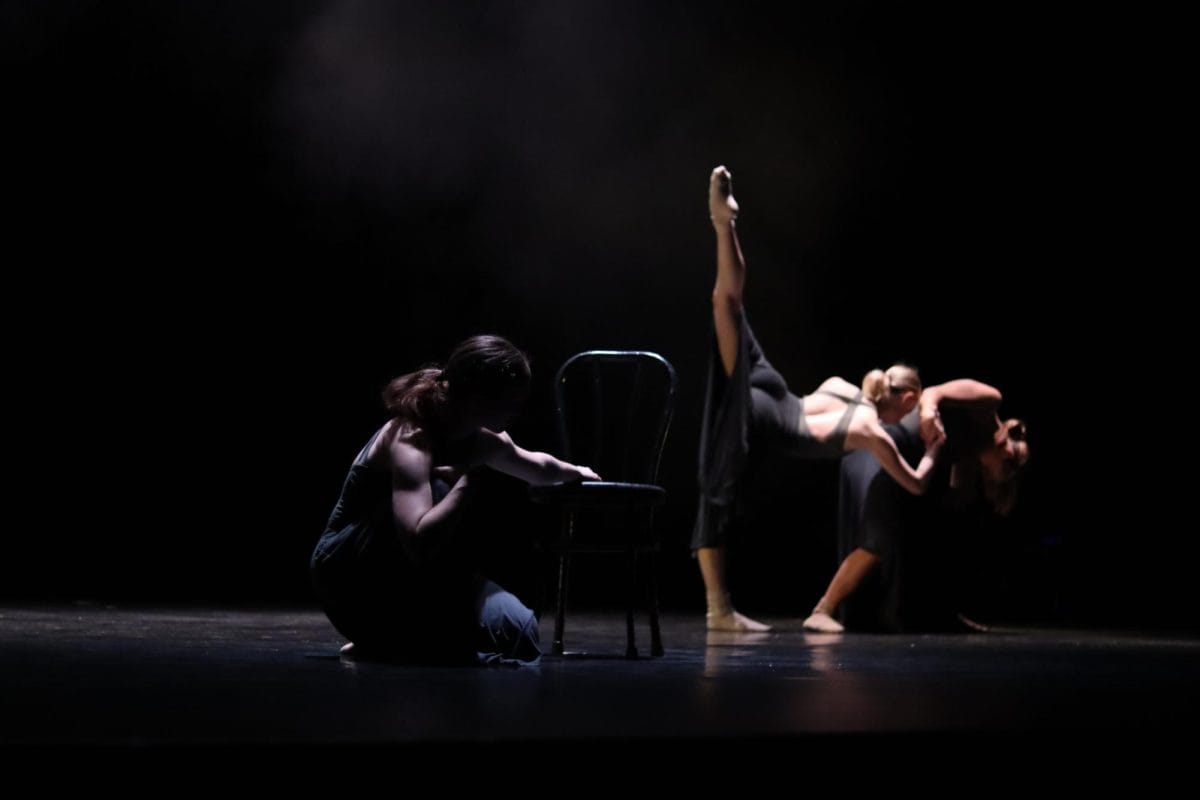With the research of the past and the twist of the present, trombonist Delfeayo Marsalis takes Duke Ellington’s album, “Such Sweet Thunder,” and gives it new life. Performing a revised version titled “Sweet Thunder,” Marsalis will bring his octet to The University of Alabama’s stage Friday in Moody Music Building at 7:30 p.m.
Marsalis – composer, producer and performer – has been playing the trombone since he was in sixth grade. He said he chose the trombone because, although he did not realize it at the time, it was a natural extension of his personality.
“In the jazz band, the trombone is the peace keeper. It’s the job of the trumpet and the saxophone to fight with each other and the trombone lets everybody know that it’s all going to be cool,” Marsalis said.
A part of the Shakespeare and American Integration symposium, Marsalis melds the voices of Shakespeare and jazz together. The symposium includes several lectures about Shakespeare’s work and its influence and use during the civil rights era. Sharon O’Dair, a Hudson Strode professor of English, said she thought Marsalis would add a fun element to the lectures. As Shakespeare drew from other ideas and developed them into his own expressions, Marsalis proves art and Shakespeare’s legacy are alive and continually growing.
“Artists are able to interpret the work of other artists in their own medium and that makes for some interesting, persuasive and powerful representations that are new and different,” O’Dair said. “They allow us to approach the original work in a different way.”
Ellington’s “Such Sweet Thunder” took the structure and technicality of Shakespeare’s works to prove jazz was not an erratic expression but a developed art form. Stephen Buhler, an English professor at the University of Nebraska-Lincoln, will lecture before the concert about the use of Shakespeare in the piece and the vitality of the album in the era.
“In a sense, Ellington was arguing against thinking of jazz as purely improvisational, not having a discipline, an order or an aesthetic of its own,” Buhler said. “They’re demonstrating that it’s very much a high art form as well as rooted in a popular art form – very much like Shakespeare.”
Marsalis then comes in and transforms the piece by developing the story lines. He takes the character depiction Ellington lays out and transforms it into a tale that discovers a different aspect of the song and character. Buhler said the relationship Marsalis has created between his piece and Ellington’s has both an admiration for the foundation and a competitive edge.
“Marsalis is deeply impressed with and indebted to Ellington and other jazz figures. He also realized that in order to match the predecessors you have to try to outdo them,” Buhler said. “You have to show how their works are able to go in directions and say things that perhaps their originators hadn’t conceived of themselves.”
Each song reflects a character through the use of instrumentation, incorporation of other styles, technicality and the interactions within the ensemble. In the song “Madness of Great Ones,” Hamlet is portrayed in Ellington’s piece as pretending to go mad with a trumpet – in Marsalis’ rendition, Hamlet’s voice is given to the soprano saxophone and is truly going mad as the trombone plays along as a voice of reason trying to stop his full surrender to insanity. Marsalis uses his knowledge of music to weave together the impression of a literary character.
“I try to utilize as large a palette of possibilities as I can,” Marsalis said.
Marsalis took on this endeavor to reincarnate Ellington’s work because he said he saw it as underdeveloped. and felt it was his responsibility to give the music a makeover. He did not choose this music to make changes with; Marsalis said he was drawn to it and just felt it. One challenge Marsalis has encountered in his musical career is society’s shift away from the arts and art appreciation.
“For a while, just making a strong artistic statement was enough. Now, you have to make a strong artistic statement and have a party,” Marsalis said.






